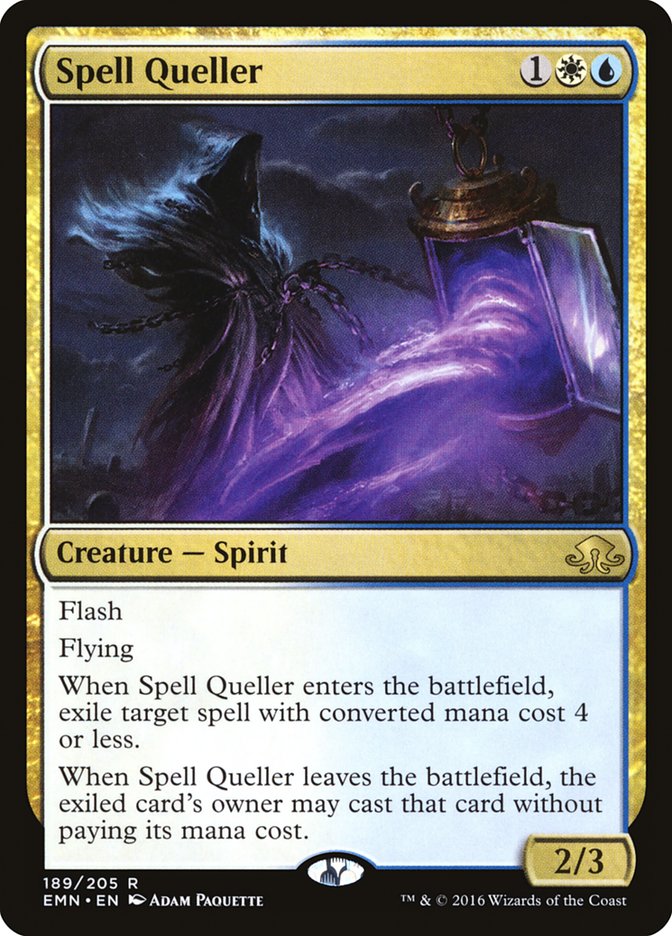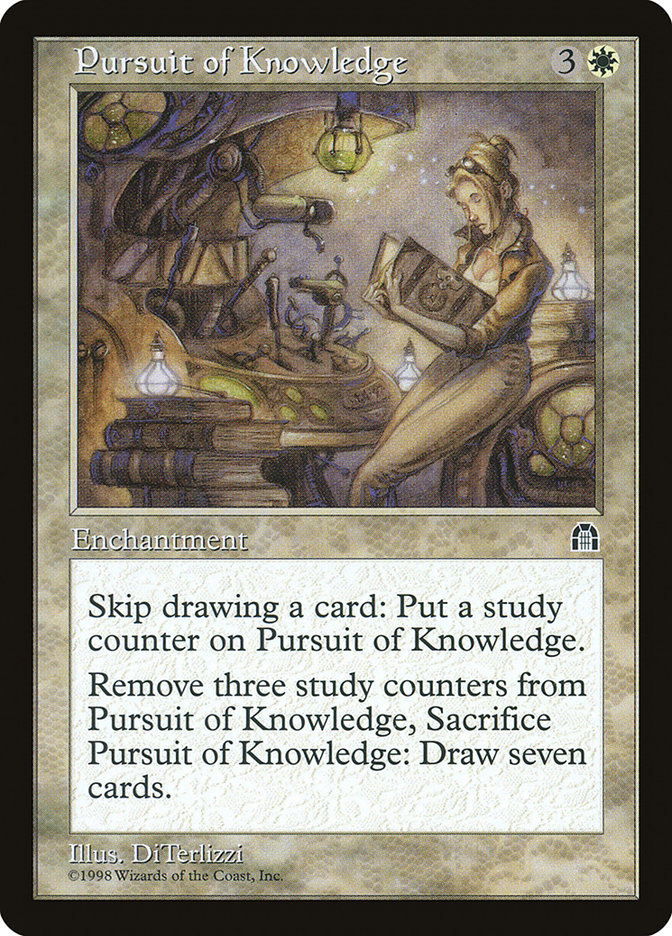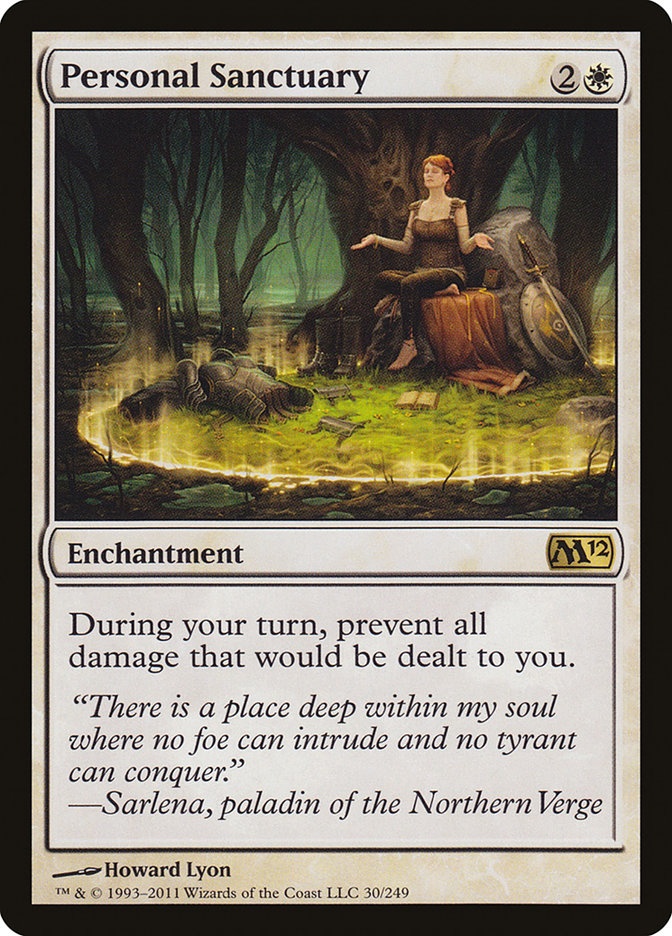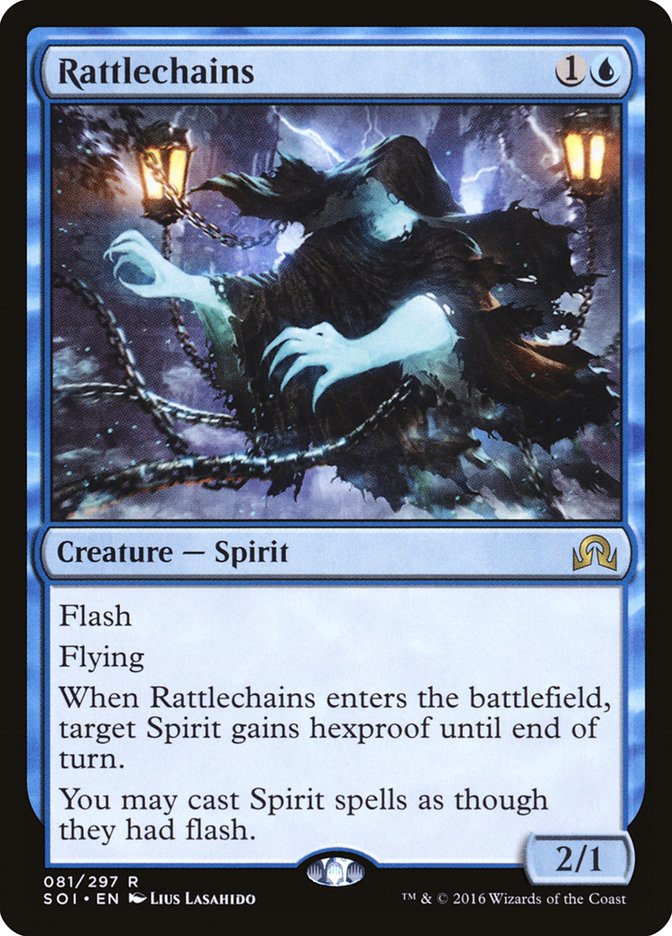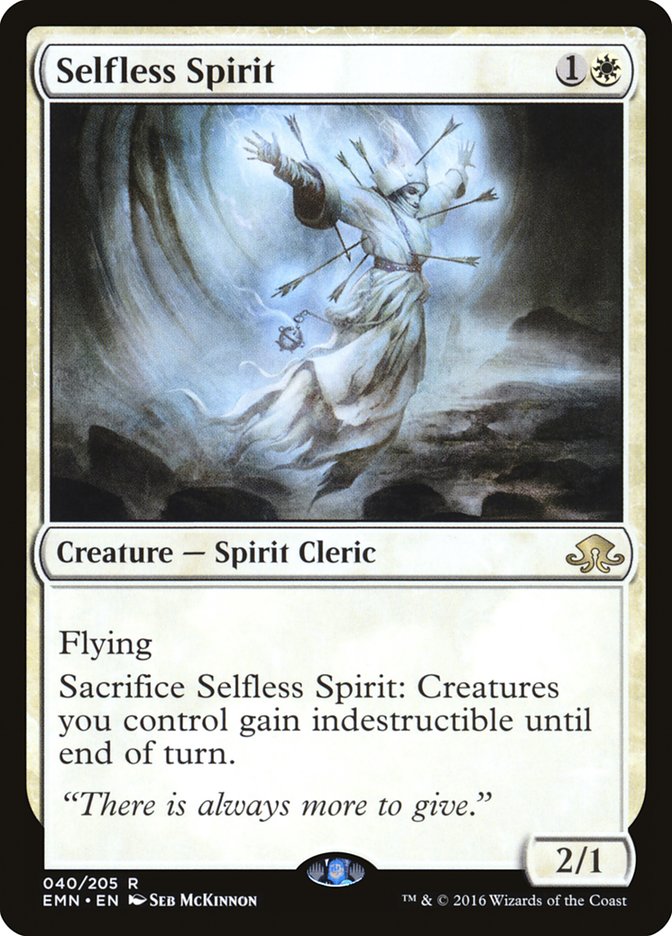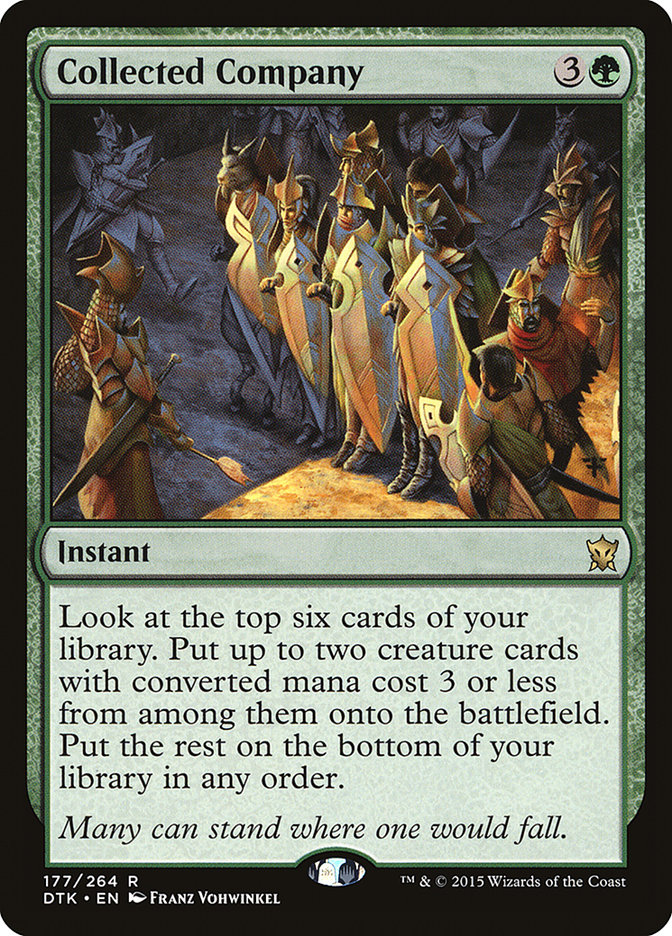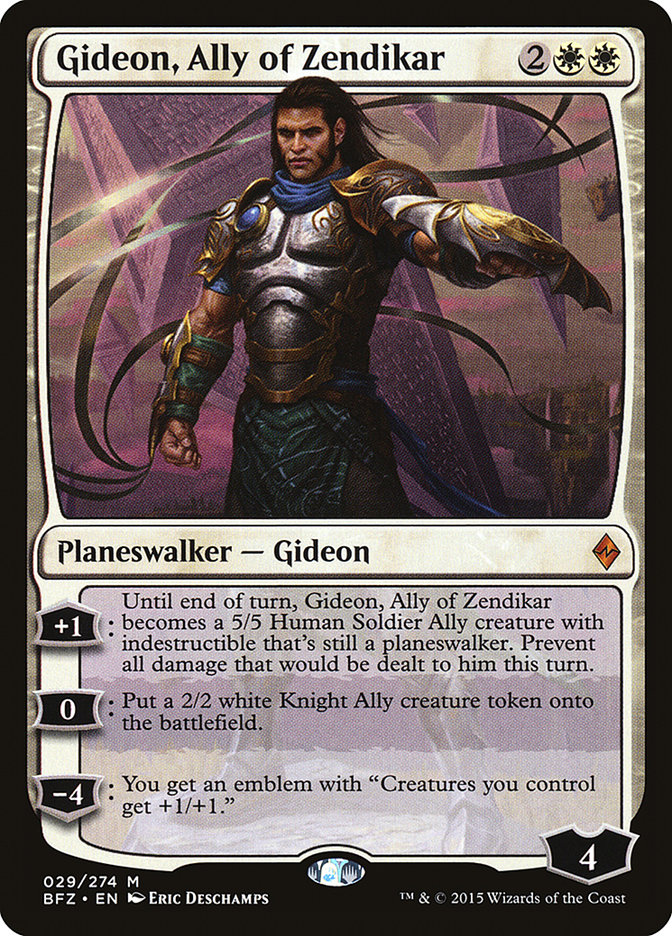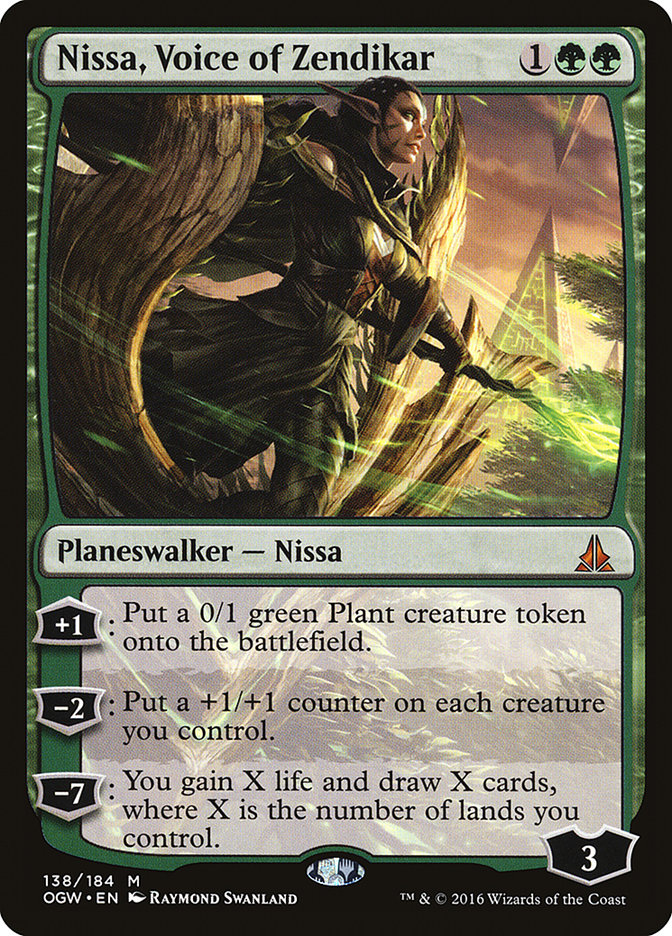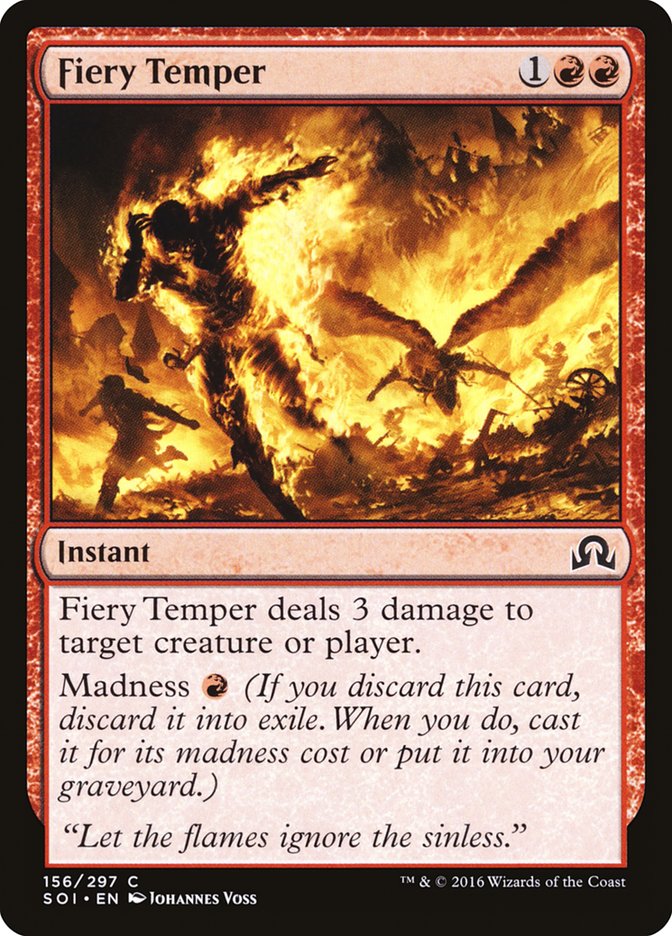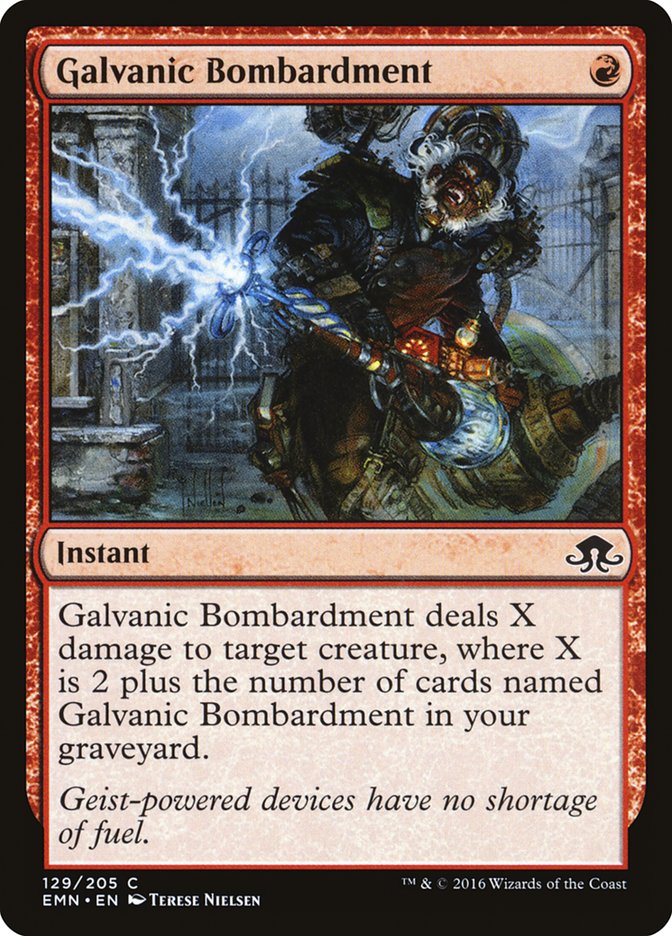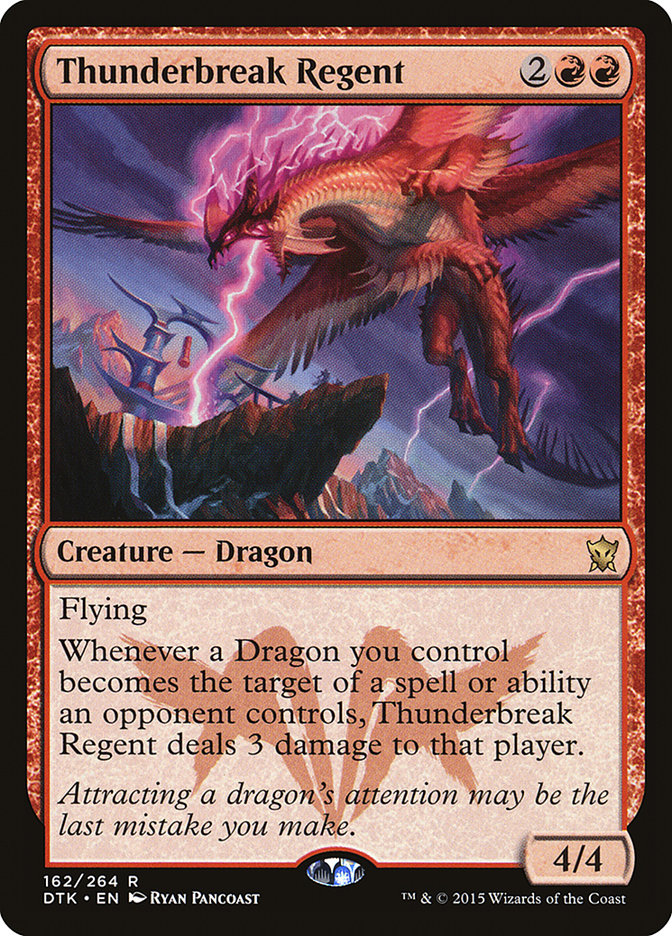The primary story coming out of last weekend is the emergence of Spell Queller as the best card in Eldritch Moon and of Bant Company as the default best deck in Standard. Its results were nothing short of dominant in #SCGCOL and Spell Queller was very impressive. However, I’d like everyone to keep in mind that we were in a similar position after the last Invitational in Indianapolis, with Bant Company having just won the Open in Baltimore and clearly dominating the Standard portion of the Invitational despite falling just short of the trophy in the hands of Craig Krempels.
Creatures (27)
- 1 Hidden Dragonslayer
- 1 Den Protector
- 3 Jace, Vryn's Prodigy
- 1 Nissa, Vastwood Seer
- 4 Bounding Krasis
- 4 Reflector Mage
- 4 Sylvan Advocate
- 2 Archangel Avacyn
- 3 Tireless Tracker
- 4 Duskwatch Recruiter
Lands (17)
Spells (16)

The format quickly changed after the Pro Tour with the arrival of G/W Tokens, Cryptolith Rite, and better-tuned Languish-based control decks. Spell Queller and Bant Company were the obvious winners from Eldritch Moon, and given that we already had well-tuned lists of the deck, it’s not surprising that it would be the top deck in the first tournament.
So if Spell Queller isn’t your idea of a good time or you have your heart set on some cool delirium or tribal shenanigans, don’t give up hope. One week isn’t everything, and we are only scratching the surface of what this set offers. Come back to me in a few weeks, and if the problem still exists, we can commiserate together in misery while plotting the resistance against our new (are they still new at this point?) Bant overlords.
The real story for me last weekend was the culmination of a dream that I have had since before i picked up a Magic card. As most of you likely know at this point, I had the privilege of competing on Jeopardy! in an episode that aired last Friday.
I’ve been watching Jeopardy! with varying degrees of regularity for as long as I can remember, and I’ve always been a sponge for trivia. As I child I would read encyclopedias in my free time, memorizing state birds and the order of the presidents. By the time we started learning capitals in school, I already knew them all. I was fortunate to have a family that nurtured my love of learning, and as I got older, I started actively trying to be a contestant.
After a few failed online tests and one failed in-person audition (you can find out more information about the audition process on thiseditionofCedTalks), I got the call earlier this year. I packed my bags and headed out to sunny California for a week with dreams of Jeopardy! glory floating through my head alongside the best-selling album of all time and the host city of the 1968 Summer Olympics.
Suffice it to say it did not go as planned. A few early misses and a streak of poor buzzer-ing and it was over in a flash. Like any competitive gamer, I spent some time analyzing my performance trying to see where I went wrong. Should I have studied the clues I didn’t know? I did some work to prepare, especially in categories I perceived as poor, but you always feel like you could have done more. I probably should have studied some opera, but something like techno-thrillers is really obscure.
I made some gameplay mistakes here and there, but that’s to be expected in your first show. But unlike Magic, where you can dust yourself off and come back the following weekend, Jeopardy! is a one-shot deal. I wish I could get another shot and benefit from my first experience, and I’m sure that’s a very common sentiment among past contestants. This realization can be a little frustrating, but ultimately I knew what I signed up for and I have to accept that.
Jeopardy! can be a life-altering experience; just look at Ken Jennings for the foremost example. Being acutely aware of that fact going in may have been a disadvantage for me, since although I appreciated the potential gravity of the situation, it still may have weighed on me in a negative way. In the end, overanalyzing it does me no good, since I do not have the opportunity to right any of my potential mistakes, so the best option is to move on and appreciate it for what it was: a surreal and memorable experience, but not one that is going to dramatically alter the trajectory of my life. That’s a pretty good day, all things considered.
Of course, this perspective all comes from the benefit of hindsight. In the immediate aftermath of my appearance, I was much more upset. However, I wasn’t allowed to discuss my performance with anyone until the episode aired, which was perhaps the strangest part of the whole experience. But it did allow me some time to reflect on everything myself, which was incredibly helpful.
I’ve written a lot about the power of honest introspection in this space and how it has helped me immensely over the course of my Magic career. Much of that introspection has been guided by talking over any issues with close friends and family so I can gain different perspectives, and this was the first time I had to go through the process alone. By the time the episode aired and everyone else in my life was given the bad news, I was already in a good place and had moved on, although the outpouring of support I received was an incredible affirmation of my own feelings.
The finality of the whole process has given me a greater appreciation of Magic. No matter how many bad tournaments you may have, there is always next weekend. Always another shot.
We may joke about how no one ever truly quits Magic, but the other side of that equation is that Magic never quits on you either.
Some of the best players in our history have done their best work after taking time away from the game without losing their opportunity for success.
Moreover, if you are having a rough go of it, then you can wait it out until the next set when the format changes, or focus on a different format. The variety of ways to play Magic, even at the competitive level, offers you an easy path for working out of any slump by giving yourself a change of scenery of sorts. These are all things that are talked about pretty frequently in our community, but it can be easy to take those opportunities for granted.
I also gained a newfound appreciation for just how much Magic has affected my life for the better. I didn’t start playing Magic with any dreams of professional success, or dreams of professional anything for that matter. I’ve been fortunate to be given the opportunities that I have, as I could not have in any way expected to achieve what I have.
But isn’t that how life works? We have these moments that we’re absolutely sure are going to be life-defining that fail to live up to those lofty expectations, and other moments that we don’t think twice about that end up vastly exceeding those expectations and having a profound impact on us. This unpredictability is why it’s so important to enjoy the moments as they come and be open to new experiences and opportunities. Nothing in life is guaranteed, so the best play is to give yourself as many shots as you can.
I think Langston Hughes said it best in his poem, “Harlem.”
What happens to a dream deferred?
So where does that leave me? The next shot I have is next week at #SCGBALT and the target is firmly planted on Spell Queller, which is a flavor fail, since as a Spirit it doesn’t have a corporeal form, but you get the idea.
Spell Queller poses some interesting problems for players because it can represent a huge tempo swing in the early turns of the game, but you can also quickly regain that tempo by answering their Queller. Unfortunately, cards like Rattlechains, Mausoleum Wanderer, Selfless Spirit, and Archangel Avacyn provide easy ways to protect Spell Queller and cement the advantage it provides.
If you fall too far behind before answering it, you may not be able to catch up, so it will be paramount to not let them trade Spell Queller for an entire turn of yours and then untap with protection at the ready. You can accomplish this goal in two ways.
First, you can avoid playing three- and four-mana sorceries as much as possible. Unfortunately, this likely means joining the enemy and playing at least one of Spell Queller and Collected Company yourself, since those are the best options for achieving this, but it can also mean going under your opponent with a low curve so you are effectively double-spelling by turns 3 and 4. Humans decks are the obvious route for this, especially since their creatures can quickly Anthem up to rumble against most of the Bant creatures in the format.
Putting pressure on your opponent can also blunt the effectiveness of Spell Queller by increasing the cost of leaving up mana for it. If your opponent doesn’t have anything else to do, you can simply attack and pass back, eventually forcing them to act first or lose to your early advantage. It’s only when ahead or at parity that your opponent can pick their spot and aggressively leave up their Spell Queller.
The second way to handle it is to overload their protection with removal, preferably cheap removal so you can double-spell and then regain the Quelled spell to catch back up. The ideal removal spell timing for Spell Queller, as we saw several times on camera last weekend, is immediately after it exiles your spell so you lose no tempo. This plays into the first plan of lowering your curve, but it also requires shifting the balance between creatures and removal in our deckbuilding.
Collected Company and planeswalkers like Gideon, Ally of Zendikar and Nissa, Voice of Zendikar have necessitated the building of very threat-dense decks, leaving precious few spots for removal spells. These sorts of decks are ideal opponents for Spell Queller, since the remaining threats are much less effective when behind in development. By shifting towards a more balanced deck, you can more often have tools that aren’t blunted by losing your early creature and quickly come back from the early deficit.
The question then becomes which removal spells you want to play. Obviously killing Queller is paramount, but in order to regain tempo you should look toward cheaper options, likely less than three mana. Black has Grasp of Darkness, but Dead Weight and Ultimate Price fail the test. Dromoka’s Command and Declaration in Stone are still great, but what else is new.
I think red provides some intriguing options between Fiery Impulse, Galvanic Bombardment, Fiery Temper, Lightning Axe, and Incendiary Flow. The first two aren’t guarantees to hit a three-toughness creature, but the other three are. They are all cheap, and only one is a sorcery, which is important when you must navigate through some protection spells a lot of the time. You also have access to Rending Volley out of the sideboard, which can handle a lot of the early threats in the format, along with anything out of W/R Humans and Archangel Avacyn.
Red has been sorely underrepresented in Standard recently, but I think we could see it return to prominence with the critical mass of quality burn spells that exist now. We even have an early template for what a successful red deck could look like with Max McVety’s Top 64 list from #SCGCOL:
Creatures (16)
Lands (2)
Spells (42)

Thermo-Alchemist is interesting as a creature that can blunt a Bant deck’s offense while providing a clock, and I wouldn’t be surprised to see red decks move in this direction. Previous red decks have been forced to race since they lacked the tools to bog down combat on the ground, at which point the lack of power in red became readily apparent.
Chandra, Fire of Kaladesh and Weaver of Lightning aren’t as effective as Thermo-Alchemist, since the former does little to stabilize the battlefield while the latter doesn’t provide a clock, but Max still included them in his sideboard, since he wants to play a spell-centric game. These cards are easy to overlook but accomplish something that spell-based red decks can really use.
I’m not a fan of Thunderbreak Regent, since it’s the only card in the deck that gets blown out by Spell Queller and building toward Draconic Roar is much less necessary once you have access to Incendiary Flow. If you want to build toward a larger threat, Goblin Dark-Dwellers has built-in evasion, plays nicely with the burn plan, and is impervious to Spell Queller. Building toward Bedlam Reveler is also a nice option, since this deck is severely wanting for some card advantage, but I don’t foresee the body on Bedlam Reveler being very effective, so I like to see it in the sideboard as a great option against creature-light control decks.
Figuring out the right tools in the right proportion is always going to be tricky, but now that we have such a clear picture of the metagame, the path forward should become clearer. This metagame is ripe to be exploited as players rush to crown Spell Queller this format’s Siege Rhino before the entirety of Eldritch Moon can be explored. This set has much more to offer and I’m ready to find out what.


